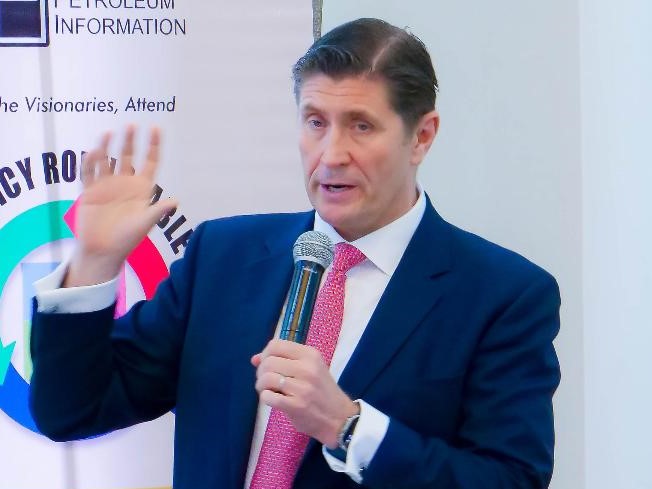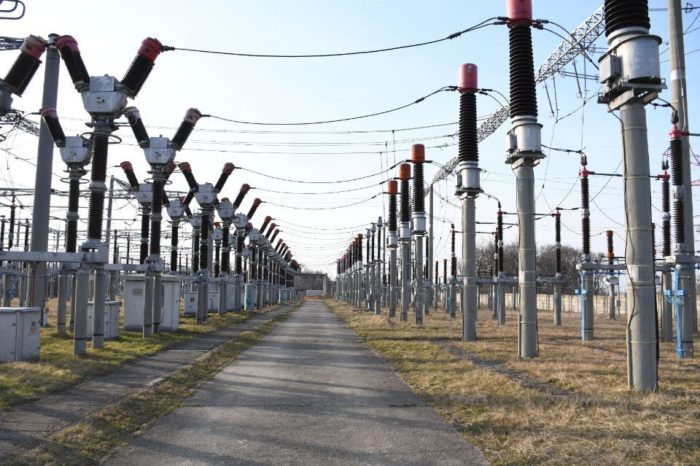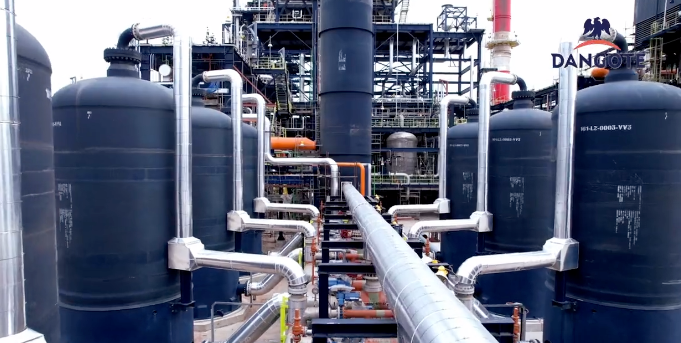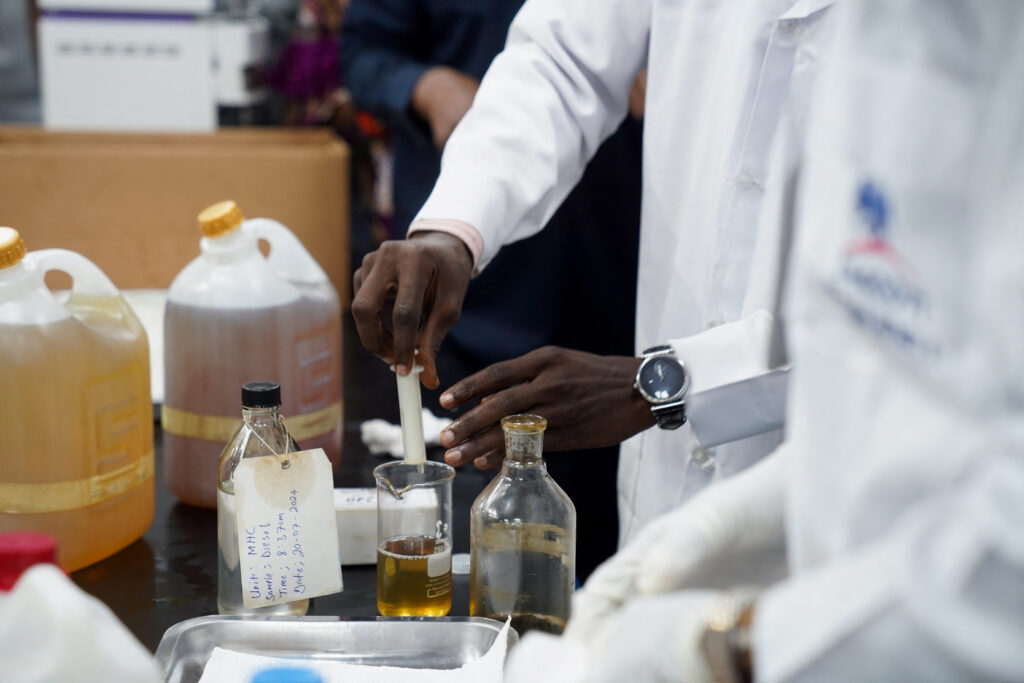Gas, renewable energy to drive electricity generation by 2030- Adelabu reveals
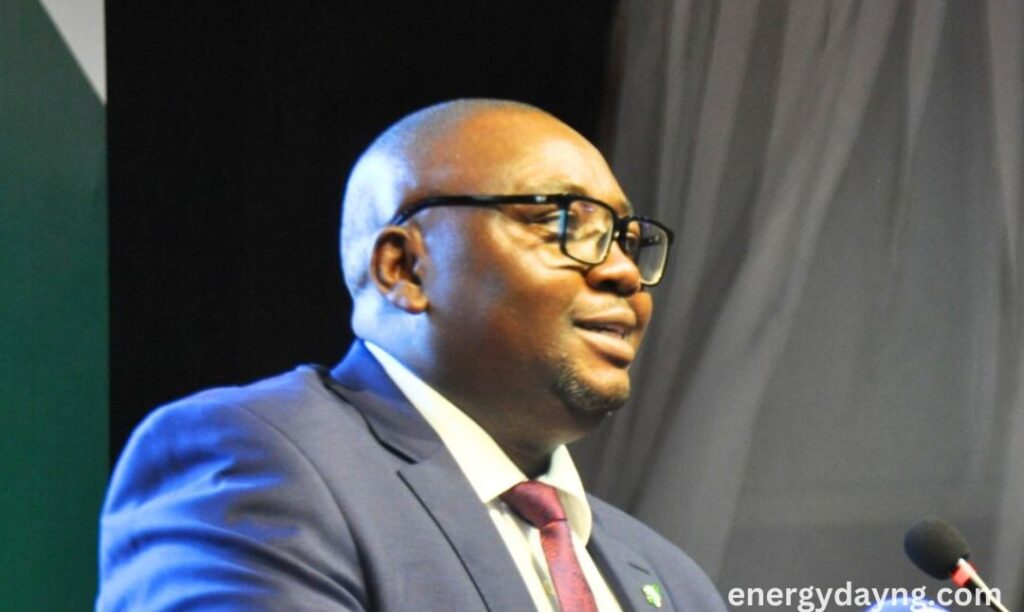
Bayo Adelabu, . Minister of Power
Emmanuel Oduara, Abuja
Adebayo Adelabu, Power Minister has disclosed that the much-needed electricity generation capacity in Nigeria will be sourced from gas-powered plants and renewable energy, with Liquified Natural Gas (LNG) serving as the country’s energy transition fuel and renewable energy contributing 30% of the country’s energy mix by 2030.
The Power Minister made this known in his goodwill message delivered at the 2nd Domestic Gas and Gas Infrastructure Summit, 2023, organised by the Abuja Chamber of Commerce and Industry on Tuesday.
Speaking on the theme: Building a Sustainable, Resilient Gas and Renewable Energy Sector in Nigeria and Beyond, the Power Minister said that a resilient, efficient, and accessible gas infrastructure and renewable energy is the key to unlocking new opportunities and fostering socio-economic growth on a global scale.
He further explained that unlocking infrastructure access for gas being the country’s energy transition fuel will help the country navigate through its vision 30:30:30 targeting 30GW of electricity by 2030.
Adelabu said, “Nigeria, despite being a major global producer of gas and endowed with one of the largest gas reserves in the world, has struggled to deliver sufficient gas to the domestic market amid growing demand.
“The importance of gas in the Nigerian economy cannot be overemphasized as gas is a potent source of electricity generation that will sustain the much-needed power for national development.
“Presently on-grid energy mix in Nigeria is dominated by thermal (80%) and hydro (20%) power generating sources.,” the Minister said.
He further noted that the country’s efforts to address climate change alongside achieving sustainable development objectives are core to the approach to power sector investments.
According to him, “Natural gas has a role as the energy transition fuel for rapid economic growth and industrialization.
“It has several characteristics to play in supporting net zero transitions over the coming decades in Nigeria.
Adelabu therefore said, “Given the interdependence of the gas and power sectors, there is a need for a coordinated approach to policy formulation and implementation by both sectors in order to achieve the government objective of improving energy security and reducing energy poverty.
“You may be aware of the National Renewable Energy and Energy Efficiency Policy in which Nigeria set the vision 30:30:30 with the aim of achieving 30GW of electricity by 2030 with renewable energy contributing 30 percent of the energy mix.
“The plan is that hydroelectricity (both large and small hydro) will contribute 28% and 19% respectively to the nation’s electricity generation mix by 2030,” the Minister stated.
Adelabu, therefore, emphasised that with increasing population growth, Nigeria will need substantial additional gas, generation, transmission, and distribution infrastructure to meet its electricity demands and it is believed that the much-needed capacity in a generation will come from gas to power and renewable energy.
The Power Minister further emphasised that the Domestic Gas and Gas Infrastructure summit is expected to create a brighter, greener, and more prosperous tomorrow for all.
He said, “This summit is expected to be a beacon of hope, unity, and inspiration for all those who dare to envision a world powered by clean, efficient, and domestically sourced gas and also a testimony to the unwavering spirit of collaboration, innovation, and determination that defines the human spirit at its finest.

